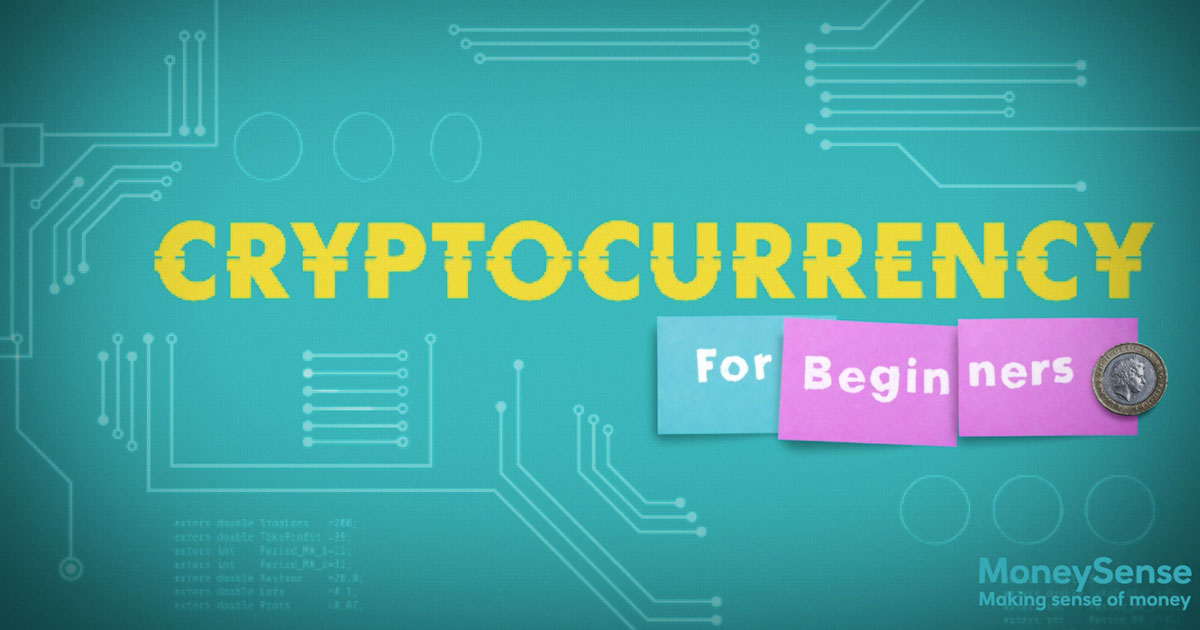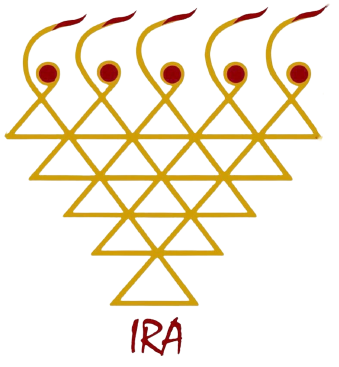Cryptocurrency
These crypto coins have their own blockchains which use proof of work mining or proof of stake in some form. They are listed with the largest coin by market capitalization first and then in descending order https://newcasinos-aus.org/slots/50-lions-aristocrat/. To reorder the list, just click on one of the column headers, for example, 7d, and the list will be reordered to show the highest or lowest coins first.
Within a proof-of-work system such as bitcoin, the safety, integrity, and balance of ledgers are maintained by a community of mutually distrustful parties referred to as miners. Miners use their computers to help validate and timestamp transactions, adding them to the ledger in accordance with a particular timestamping scheme. In a proof-of-stake blockchain, transactions are validated by holders of the associated cryptocurrency, sometimes grouped together in stake pools.
Cryptocurrencies traded in public markets suffer from price volatility, so investments require accurate price monitoring. For example, Bitcoin has experienced rapid surges and crashes in its value, climbing to nearly $65,000 in November 2021 before dropping to just over $20,000 a year and a half later. Bitcoin prices had roared back by mid-2024. As a result of this vast range of volatility, many people consider cryptocurrencies a speculative bubble.
Houd er rekening mee dat de prijzen, opbrengsten en waarden van financiële activa veranderen. Dit betekent dat elk kapitaal dat je belegt mogelijk kunt verliezen. We raden aan om advies in te winnen bij een professionele beleggingsadviseur voor advies over je persoonlijke omstandigheden.

Pi network cryptocurrency
Ultimately, Pi Network’s ability to navigate these challenges and build trust through transparency, regulation, and meaningful community building will determine whether it can transition from a speculative medium to a utility-driven platform.
Pi Network removes the technical and financial barriers common in cryptocurrency. Users don’t need expensive hardware or deep technical knowledge to participate. The mobile app works like any other smartphone application, letting people mine Pi through daily check-ins without draining battery life or data.
Competition from established cryptocurrencies and new mobile mining projects could limit Pi’s growth. The network’s success depends on maintaining user engagement and developing genuine utility beyond simple mining rewards.
Launched in 2019 by Stanford PhDs Dr. Nicolas Kokkalis and Dr. Chengdiao Fan, Pi Network is an innovative project designed to lower the barriers to crypto ownership. Pi Network’s main product, Pi cryptocurrency, aims to be far more accessible than traditional cryptocurrencies. Pi Network’s unique approach is a mobile blockchain mining project, meaning the “mining” process can be conducted on your mobile device, with minimal impact on device performance. The maximum supply of PI is currently set at 100 billion, with 25% of all coins being allocated to the Pi core team.
The project needs to build a robust ecosystem of apps and services to create real-world utility. Without practical use cases, Pi risks becoming another speculative cryptocurrency. The network must also balance growth with security as it moves toward open network status.
Hawk tuah girl cryptocurrency lawsuit
But earlier this month, disaster struck when Welch released $HAWK, a cryptocurrency based on her valuable personal brand. Such crypto assets, known as “meme coins,” are known as volatile investments, and tend to trade according to the boom-and-bust cycles of the online phenomena that inspire them. Welch’s coin, developed by partners running a foundation out of the Cayman Islands, spiked in value when it debuted only to crater within hours, plummeting more than 90 percent from a market cap of nearly $500 million to under $30 million.
As the complaint tells it, the defendants are liable to the plaintiffs—17 investors who reportedly suffered more than $151,000 in collective damages—for the alleged sale of unregistered securities under federal law.
“The pre-launch marketing for $HAWK framed the Token as more than a speculative asset, portraying it as a cultural movement with significant growth potential,” the case says. “Welch’s involvement and her reputation as a trusted public figure signaled to her followers and potential investors that the project was poised for success, fostering an expectation of profits based on her efforts.”
Welch and the team at overHere Ltd, which was responsible for creating the $HAWK coin, hopped on a Twitter Spaces stream on the night of the launch to try to explain what happened. It went…poorly. Crypto scam reporter and YouTuber Coffeezilla got on the mic and called out the creators for allegedly selling a sizable chunk of the tokens to insiders before launch while only releasing 3% to the public for trading as well as paying themselves high transaction fees. The result looked a lot like a rug pull that saw a bunch of Hawk Tuah fans left holding the bag.

But earlier this month, disaster struck when Welch released $HAWK, a cryptocurrency based on her valuable personal brand. Such crypto assets, known as “meme coins,” are known as volatile investments, and tend to trade according to the boom-and-bust cycles of the online phenomena that inspire them. Welch’s coin, developed by partners running a foundation out of the Cayman Islands, spiked in value when it debuted only to crater within hours, plummeting more than 90 percent from a market cap of nearly $500 million to under $30 million.
As the complaint tells it, the defendants are liable to the plaintiffs—17 investors who reportedly suffered more than $151,000 in collective damages—for the alleged sale of unregistered securities under federal law.
Hawk tuah girl cryptocurrency
Sean O’Driscoll is a Newsweek Senior Crime and Courts Reporter based in Ireland. His focus is reporting on U.S. law. He has covered human rights and extremism extensively. Sean joined Newsweek in 2023 and previously worked for The Guardian, The New York Times, BBC, Vice and others from the Middle East. He specialized in human rights issues in the Arabian Gulf and conducted a three-month investigation into labor rights abuses for The New York Times. He was previously based in New York for 10 years. He is a graduate of Dublin City University and is a qualified New York attorney and Irish solicitor. You can get in touch with Sean by emailing s.odriscoll@newsweek.com. Languages: English and French.
CONTROVERSIAL influencer-turned-crypto-hawker Haliey Welch, aka “Hawk Tuah” girl, has broken her silence after seemingly vanishing from public view after launching a digital currency that lost many investors money.
Coffeezilla, a crypto YouTuber with more than 3 million subscribers whose real name is Stephen Findeisen, said in a tense X space conversation with Welch and her team the Hawk Tuah rollout was “one of the most miserable, horrible launches I’ve ever seen,” accusing Welch and her team of insider trading, which they denied.
“I am fully cooperating with and am committed to assisting the legal team representing the individuals impacted, as well as to help uncover the truth, hold the responsible parties accountable, and resolve this matter.”
A December 19 court ruling states that the lawsuit “arises from the unlawful promotion and sale of the Hawk Tuah cryptocurrency memecoin, known as the ‘$HAWK’ token, which Defendants offered and sold to the public without proper registration.”
